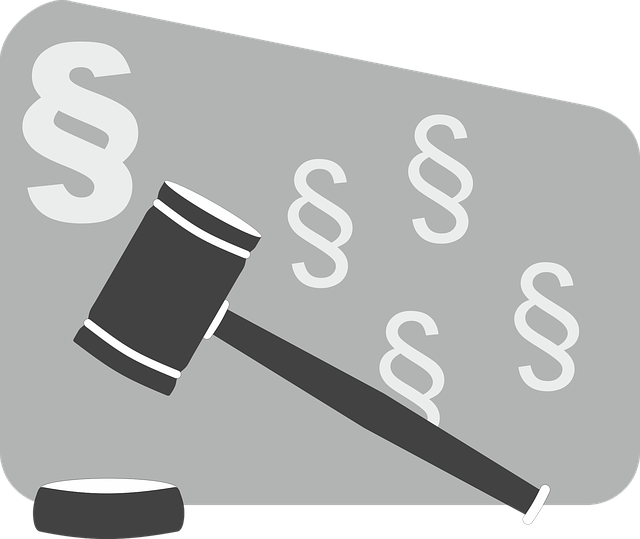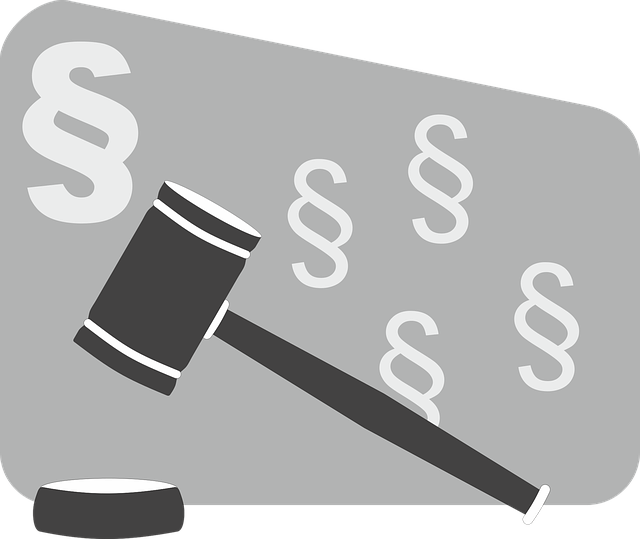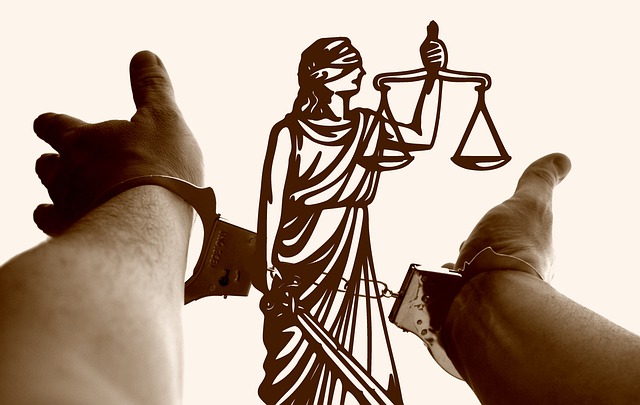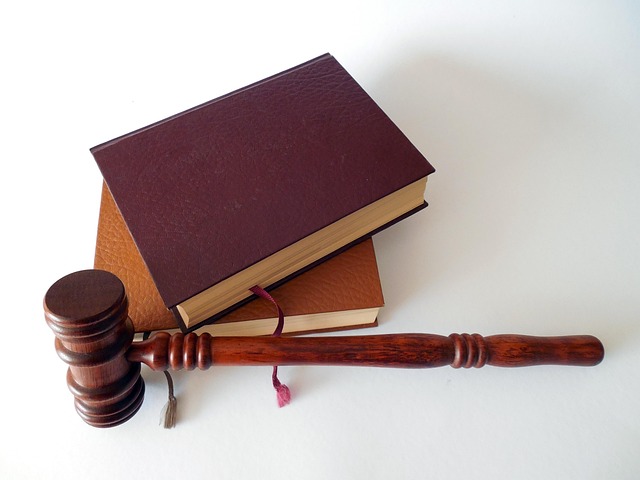Regulatory Fraud Laws protect consumers and investors by penalizing deceptive practices in various sectors, including personal injury cases where settlement offers play a crucial role in preventing lengthy trials. Manipulation of settlement offers, such as inflated claim values and fraudulent billing, is common. Legal professionals scrutinize contracts and financial records to identify loopholes and represent clients accused of fraud, contributing to market integrity. Understanding Personal Injury Settlement Offers is key to combating these schemes, ensuring victims receive fair compensation, and holding perpetrators accountable through civil litigation or criminal charges.
Regulatory fraud laws are critical tools in safeguarding the integrity of the personal injury claims process. This article offers a comprehensive understanding of these laws, exploring key components like personal injury settlement offers that serve as vital fraud prevention mechanisms. We delve into common types of regulatory fraud within the sector and highlight the pivotal role legal professionals play in combating these practices. Additionally, we examine protective measures and remedies available to victims of regulatory fraud. By examining these aspects, this guide provides essential insights into maintaining fairness and accountability in personal injury cases.
- What Are Regulatory Fraud Laws?
- Personal Injury Settlement Offers: A Key Component in Fraud Prevention
- Common Types of Regulatory Fraud in the Personal Injury Sector
- The Role of Legal Professionals in Combating Regulatory Fraud
- Protecting Victims: Consequences and Remedies for Regulatory Fraud Crimes
What Are Regulatory Fraud Laws?

Regulatory Fraud Laws are legal frameworks designed to combat fraudulent activities within regulated industries. These laws aim to protect consumers and investors by holding businesses and individuals accountable for deceptive practices, false representations, and material misstatements. They cover a wide range of sectors, including finance, healthcare, telecommunications, and more, ensuring fair competition and transparent operations. Understanding these laws is crucial, especially when it comes to evaluating personal injury settlement offers, as they outline the rights and responsibilities of all parties involved.
By implementing stringent regulations and penalties for violations, Regulatory Fraud Laws serve as a deterrent for potential wrongdoers. They empower regulatory bodies to conduct investigations, issue subpoenas, and even secure complete dismissal of all charges against companies or individuals found guilty of fraud. In the context of personal injury cases, these laws ensure that settlement offers are fair and just, providing victims with the compensation they deserve for their injuries, medical expenses, and other related damages, ultimately leading to winning challenging defense verdicts for his clients.
Personal Injury Settlement Offers: A Key Component in Fraud Prevention

Personal Injury Settlement Offers serve as a crucial component in the prevention of regulatory fraud. By offering a monetary compensation to victims, these offers can deter individuals from pursuing costly and time-consuming jury trials. When a respective business or individual receives a reasonable settlement offer, they are more likely to accept it rather than risk an uncertain outcome at court. This proactive approach not only saves legal resources but also ensures a quicker resolution for all parties involved.
Understanding Personal Injury Settlement Offers is essential in navigating the complexities of regulatory fraud. A complete dismissal of all charges can be negotiated as part of these offers, providing a substantial incentive for individuals to cooperate and avoid prolonged litigation. This strategy fosters an environment where businesses and citizens alike are encouraged to uphold their responsibilities while mitigating potential fraud risks effectively.
Common Types of Regulatory Fraud in the Personal Injury Sector

In the personal injury sector, regulatory fraud can take various forms, each with its own complex web of implications. One common type involves misrepresenting or manipulating Understanding Personal Injury Settlement Offers. This includes inflating the value of claims, fabricating evidence to support false demands, or deceiving clients about their potential compensation. Such practices not only undermine the integrity of the legal system but also deprive victims of the fair redress they deserve.
Another prevalent fraud scheme involves fraudulent billing and record-keeping by insurance companies, law firms, and healthcare providers. This may include charging excessive fees, submitting false claims for services not rendered, or manipulating medical records to support lower settlement amounts. Given the high stakes involved in personal injury cases, both corporate and individual clients are vulnerable to these schemes. Fortunately, an unprecedented track record of successful prosecutions against perpetrators has emerged, demonstrating a growing commitment to holding fraudsters accountable.
The Role of Legal Professionals in Combating Regulatory Fraud

Legal professionals play a pivotal role in combating regulatory fraud, acting as the frontline defense against unethical practices that can wreak havoc on the economy and harm consumers. They possess the expertise to navigate complex legal landscapes and interpret regulations, enabling them to identify potential loopholes exploited by fraudulent schemes. By scrutinizing contracts, financial records, and settlement offers—including those related to understanding personal injury settlement offers—attorneys can uncover discrepancies and provide crucial insights to regulatory bodies.
These professionals are equipped to represent clients accused of white-collar and economic crimes, ensuring they receive fair representation in respective business dealings. Moreover, their strategic advice helps businesses implement robust compliance programs to prevent future fraudulent activities. Through proactive measures and meticulous attention to detail, legal experts contribute significantly to maintaining the integrity of markets and safeguarding the interests of both consumers and legitimate enterprises.
Protecting Victims: Consequences and Remedies for Regulatory Fraud Crimes

When individuals or entities engage in regulatory fraud, they not only undermine the integrity of financial markets but also inflict significant harm on victims. These crimes can result in substantial losses for investors, consumers, and even entire communities. Understanding personal injury settlement offers is crucial here, as it provides a mechanism for victims to seek justice and compensation. The consequences of regulatory fraud can be severe, often leading to civil lawsuits, criminal charges, and extensive legal repercussions.
Victims of such fraudulent activities may pursue remedies through various channels. Civil litigation against the perpetrators can result in monetary damages to cover losses incurred. Additionally, regulatory bodies have the power to impose fines and penalties on offenders, reflecting the seriousness of these crimes. Moreover, the involvement of the philanthropic and political communities in combating regulatory fraud has been instrumental, fostering a culture of transparency and accountability within respective businesses. This collective effort ensures that general criminal defense strategies also address the unique challenges posed by financial crimes.
In understanding personal injury settlement offers, it’s clear that they serve as a crucial component in fraud prevention. By recognizing common types of regulatory fraud and leveraging the expertise of legal professionals, we can fortify defenses against malicious practices. Protecting victims is paramount, and the consequences for regulatory fraud crimes are severe. Remedies such as criminal prosecution and civil lawsuits ensure accountability while offering justice to those harmed. Armed with knowledge and vigilance, we can navigate this complex landscape, fostering a more transparent and fair personal injury sector.






